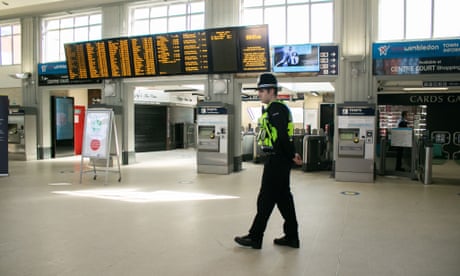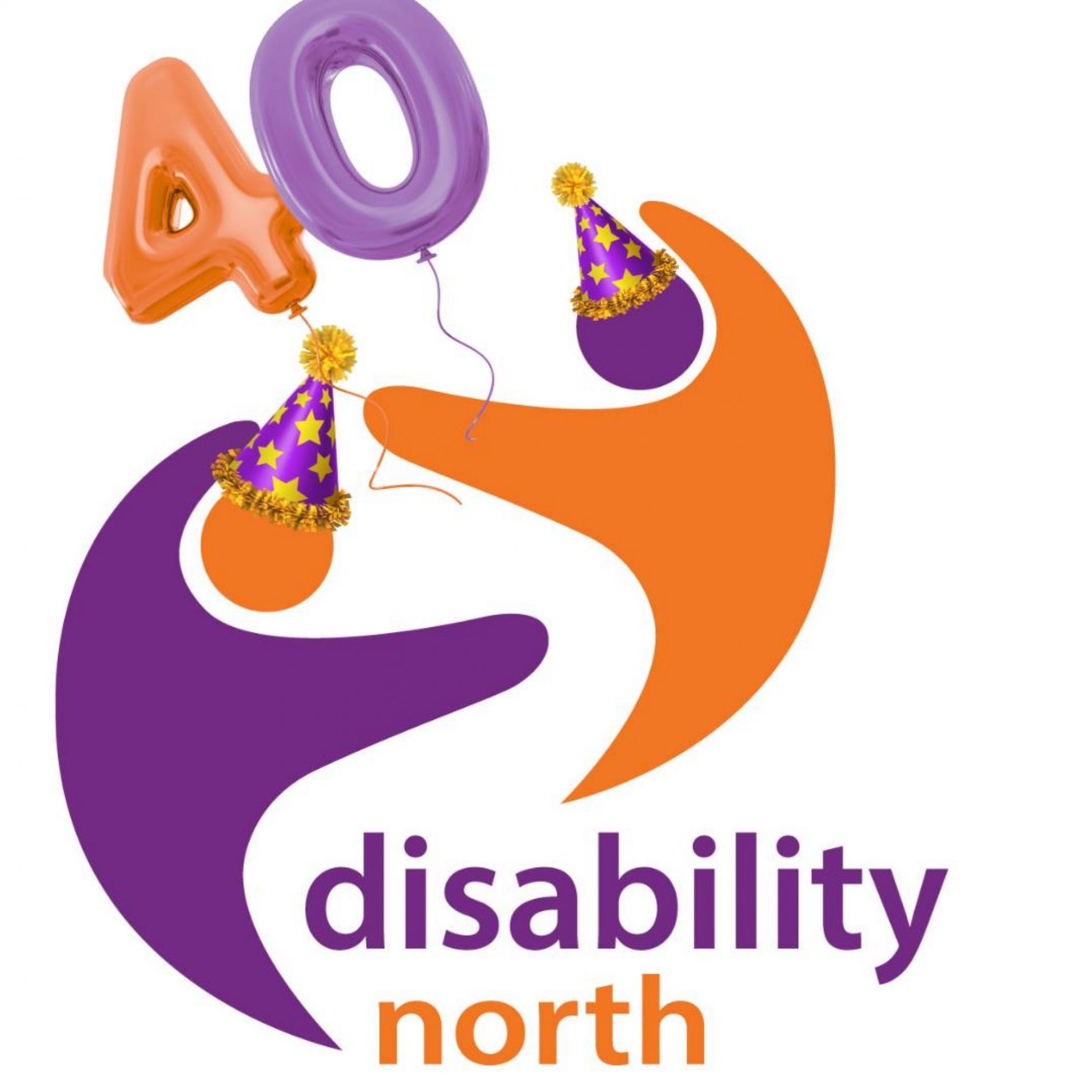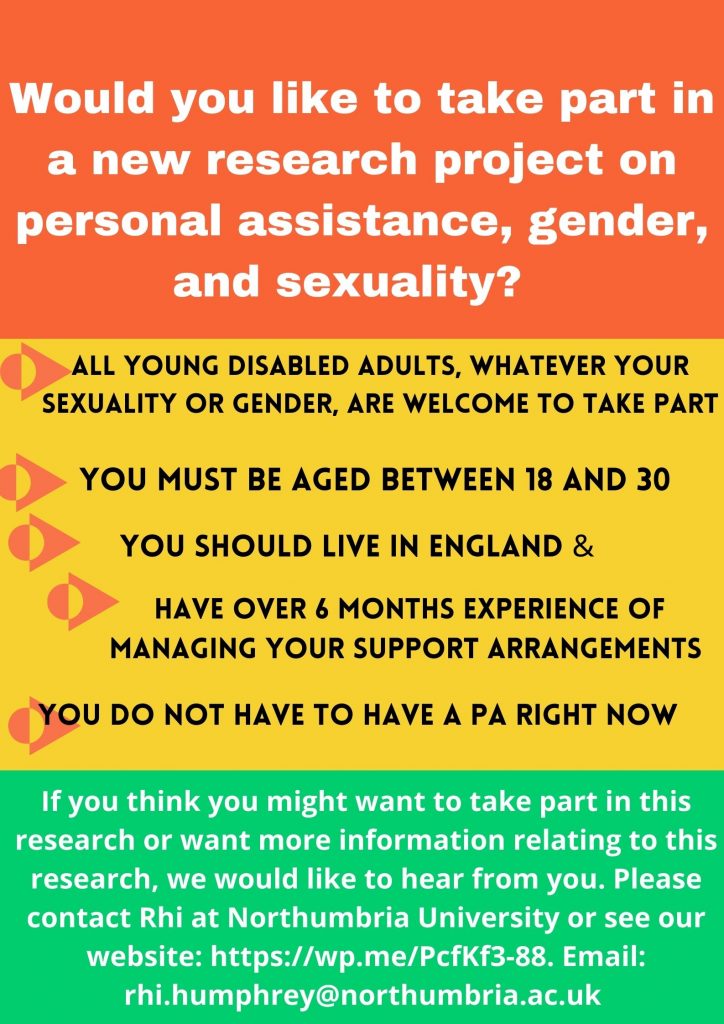By Frances Ryan for The Guardian Opinion:
‘Tables blocking the road. Chairs over flat kerbs. Gazebos built on accessible parking. The surge in street dining since lockdown eased in England has been great for businesses, but not so much for wheelchair users and people with mobility conditions, who report being unable to get around their hometowns due to the new blockages.
Many of these people have been stuck indoors for up to a year shielding, and on their first taste of freedom are now being blocked from getting to the shops or pub. “All I want to do is go and meet my friends and have a pint,” said Katie Pennick, a campaigner and wheelchair user, recently on BBC Radio 4. It’s not your typical civil rights slogan but it characterises the crunch of so much disability politics: disabled people deserve the right to have a life like everyone else.
This sort of thoughtless planning would be frustrating at any time, but it is all the more so as we come out of a period when disability inclusion was finally given attention. At the start of the first lockdown, I reported that society was opening up to millions of disabled and chronically ill people as “virtual living” became the norm – from Zoom job interviews and streamed gigs and theatre to NHS phone appointments. But just as it took the non-disabled public to experience a dose of what disabled people have for years before access was improved, the fear is that any gains made during the pandemic will be discarded now that the wider public no longer need them themselves.

Take work for example. The shift to working at home over the past year brought new opportunities to those previously excluded from the workforce. As one woman with agoraphobia told me: “Lockdown has opened my world” – it allowed her to get a job from her front room. But as ministers and some employers push for a return to the office, many disabled workers are worried their hard-won progress will go backwards.A research scientist with endometriosis and IBS told me her employer has already stopped letting her work from home full-time, even though her job can be done remotely. “The office is ‘going back to normal’ and they don’t want us at home even though I can do a better job [here],” she said.Advertisementhttps://3c211a790ab0736a572486792c9c86b6.safeframe.googlesyndication.com/safeframe/1-0-38/html/container.html
The disability employment gap in the UK is vast – in 2020, the employment rate for disabled people was just 53.7%, compared with 82% for non-disabled people – and has been largely stagnant for years. Retaining flexible working is one way to address it.Such working patterns will help many others beyond disabled workers, from working parents to carers of elderly parents. Rather than being reduced in coming months, these schemes should be extended; a survey by the Chartered Institute of Personnel and Development found that almost half of workers currently don’t have flexible working arrangements such as flexitime, part-time hours or job shares.
Or look at socialising. The Zoom pub quiz became a cliche of lockdown, but what many of us did informally with friends was also replicated by companies, with art exhibitions streaming online or bars running virtual club nights. As venues open back up, I’m hearing from scores of disabled people losing out: from the parishioner whose church’s Zoom coffee morning allowed her to speak to people from her congregation for the first time in 15 years but which has now been stopped, to the person who “went” to an LGBTQ+ club night for the first time in their life when it went online during lockdown but has now watched it close.
Too often, cultural prejudice around disability assumes disabled people don’t need the same pleasures as everyone else, but health doesn’t change who you are. As one music-loving young housebound woman shared on Twitter: “Magically, over the past year I’ve seen countless live gigs and the thought of that being taken away is devastating.”
It doesn’t have to be this way. The Young Vic theatre in London announced in May that it plans to livestream all of its future productions, and gym companies say online workouts are here to stay, despite the popular return of “in person” classes. This doesn’t mean good access is about moving everything online: many disabled people want face-to-face settings, and besides, the surge in virtual experiences shouldn’t let businesses off the hook from adapting physical spaces which are still too often inaccessible. It simply means that it is right to keep the option, and that we need a culture in which companies think about disabled people – and our cash – as valuable.
As we rightly celebrate a return to normal, it should be remembered that, for disabled people, “normal” too often means being excluded from everyday life. Anyone who has felt the pang of missing nights with mates in the pub over the past year can empathise and support disabled people being restricted and isolated now. If you spot a restaurant blocking a wheelchair entrance, tweet a photo and tag your local council. If your employer is rolling back flexible working rights, talk to your union (or join one).
Attempts to gain access for disabled people are often met with pushback: it’s too much trouble, too expensive or simply unnecessary. And yet lockdown showed that sweeping changes can be made practically overnight with little fuss. The question is, if it was done for non-disabled people then, why not disabled people now?’
Originally published by Frances Ryan for The Guardian: https://www.theguardian.com/commentisfree/2021/jun/02/remote-working-disabled-people-back-to-normal-disability-inclusion


